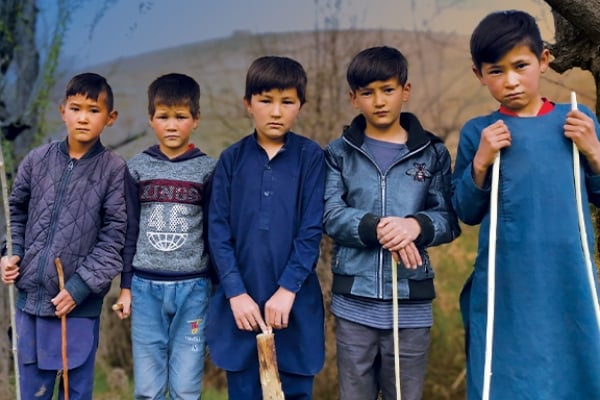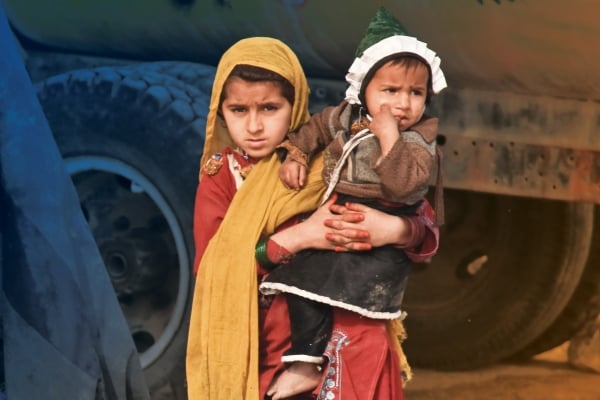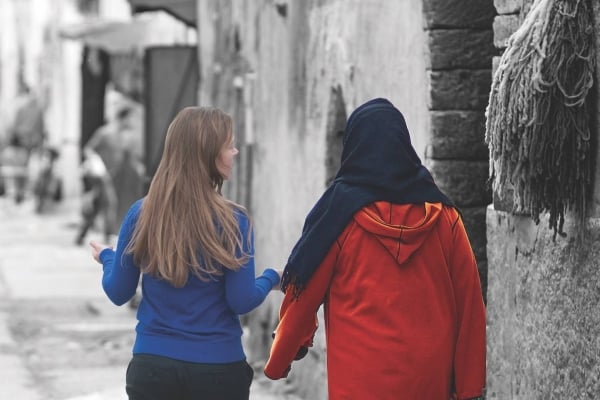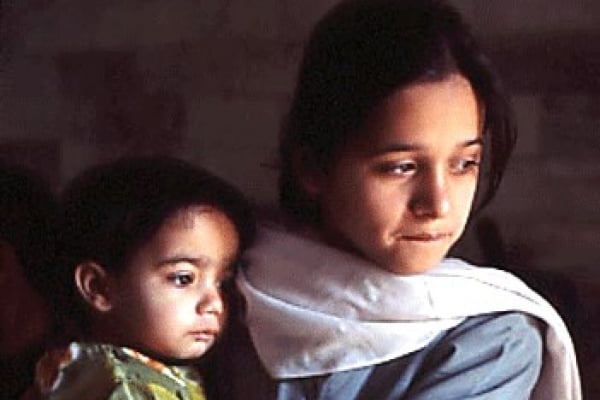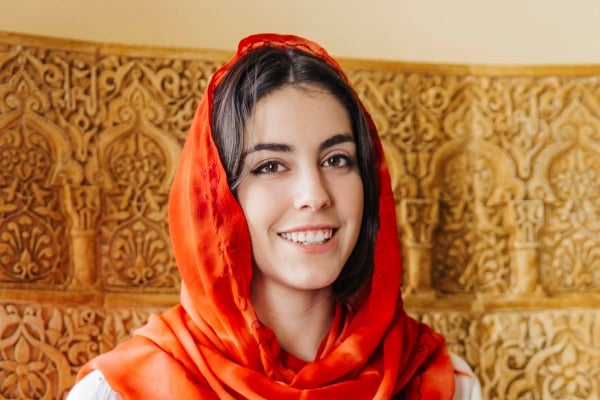
Finding Freedom From Fear
When 17-year-old Amira first came to the community center, she walked in head bowed and eyes lowered. Even though she was surrounded by other women, she didn’t join the conversation. The others asked her mom, “What’s wrong with your daughter?”
They didn’t know about that at 10 years old, Amira’s childhood ended when fighter jets and missiles interrupted her play in the front yard of her home in Syria. Immediately, everyone in the village grabbed their children, yelling and running for cover. That was the beginning of the horror and fear.
Later, armed men entered her home and roughly demanded that her older brother join their combat force. Weeping, Amira’s mom told them that her son was not healthy enough to fight. Instead of taking him, they executed him in front of Amira and her mom.
Once, when Amira was home alone, a group of armed thieves suddenly broke in. After helping themselves to the family’s meager belongings, they locked Amira in a room with a man for three hours. Her mom finally came home and rescued her.
As a result of this trauma, Amira remained mentally stuck at age 10. Even though her family now lives in relative safety, fears controlled her life. She couldn’t stay home alone. She couldn’t walk to school on her own. Every time she saw a man in public, her mind would flash back to all those armed men who hurt her.
Amira’s mom urged her to participate in counseling at the community center run by the Arab Center for Consulting and Training Services (ACCTS), a project founded by a Christar worker to provide support for those impacted by poverty and marginalization and address the causes behind these issues. Reluctantly, Amira agreed.
In her first counseling session, Amira remained shy and reserved. But in time, the counselor, Rabia, won her trust and she opened up about her experience during the war. To help her work through her fears, Rabia suggested taking a walk down the street to the corner store.
As they started out, Amira held on to her counselor’s arm tightly, trying to make herself small and hide behind Rabia. Her breathing was quick. Rabia coached her through it, “Breathe in, breathe out. Nice and slow.”
Then Rabia called Amira’s attention to the people around her. “Look at the baker. Is he watching you? No, he’s busy pulling bread out of the oven.” She pointed to the vegetable seller weighing out tomatoes for a customer. “See? He’s busy with his work and his customers.”
When they arrived at the corner store, Amira chose her favorite chocolate, a Kit-Kat bar in a bright red wrapper. On their way back to the center, Amira stayed close to Rabia but didn’t cling to her. She stood a little straighter.
The difference in Amira’s demeanor has become obvious to all the ladies at the center. She now joins in their conversations as they make skirts in sewing class. There’s a light in her eyes that wasn’t there before.
It’s still a process. Although Amira has struggled with fear of all men, she knows she will be expected to marry within a few years. The trauma hasn’t been erased, but now she has the ability to form relationships.
Fear is a constant companion for nearly all refugee women. Some, like Amira, deal with anxiety stemming from trauma and abuse. Many fear for the safety of family members who remain in their home country or have relocated to unfamiliar places. And many fret for the future of their children, which hangs on one test at the end of high school. In the face of great uncertainty, they often feel powerless.
The ACCTS community center helps refugee women overcome these fears in numerous ways in addition to providing counseling. For instance, it addresses the educational needs of these women’s children, many of whom have missed a significant amount of school and struggle to integrate into classrooms in their host country. The younger ones can attend a preschool where they experience the love and care of Christian staff, while the older ones receive tutoring in math and science.
While their children are at the community center, refugee ladies can rest knowing that their children are learning and being cared for. Then, they have the freedom to take a sewing or a soap-making class offered at the center. These programs also help women overcome their fear while learning skills they can use to provide for themselves. One of the ladies said, “Before I was afraid of the sewing machine. I didn’t know how it worked and it made so much noise. Now, I used it to make my daughter a skirt.”
As the Christar workers and local believers who serve at ACCTS help refugee women overcome fear, they have unique opportunities to demonstrate the God whose perfect love casts out fear. Some of the women who come to the community center have never heard the gospel; but as they interact with followers of Christ, they can see how He provides eternal hope and freedom.
For many refugee women, accepting the good news of Jesus means overcoming fears of rejection and persecution. Often, those who place their faith in Christ are ostracized by their families and communities, and some must place their personal safety or even their lives at risk to trust in Him. But, workers at the ACCTS are praying that many of those who come to the community center will find freedom from fear and embrace the hope of the gospel.
Participate by Praying:
- Praise God for giving Christar workers and local believers opportunities to demonstrate God’s love.
- Pray for wisdom for counselors at ACCTS as they minister to women who’ve endured trauma.
- Pray that many women who come to the community center will be drawn to the peace of Christ.
- Ask God to give refugee women freedom from fear through the outreaches of the ACCTS community center.

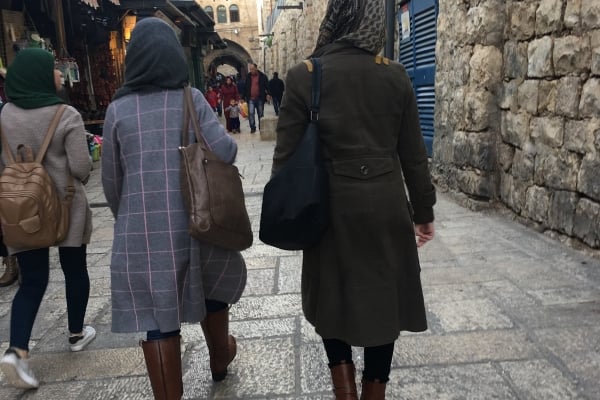
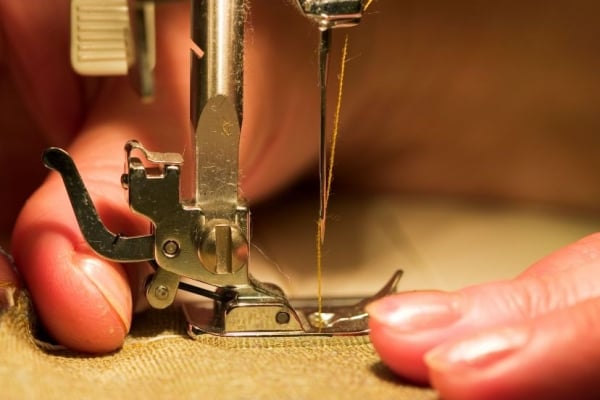


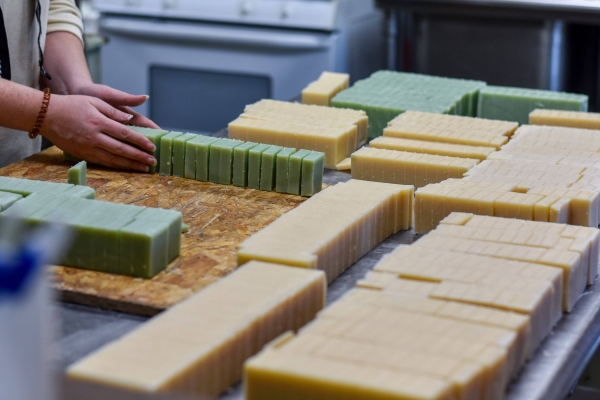
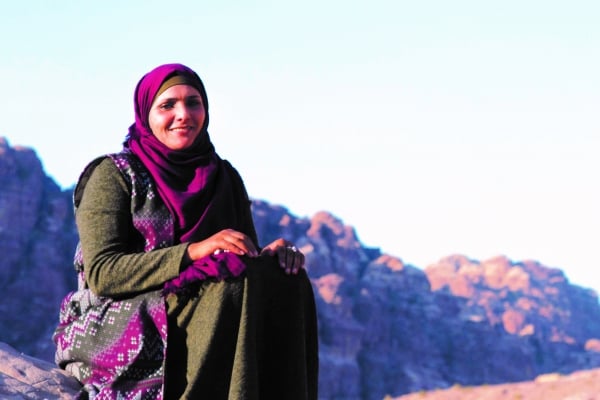
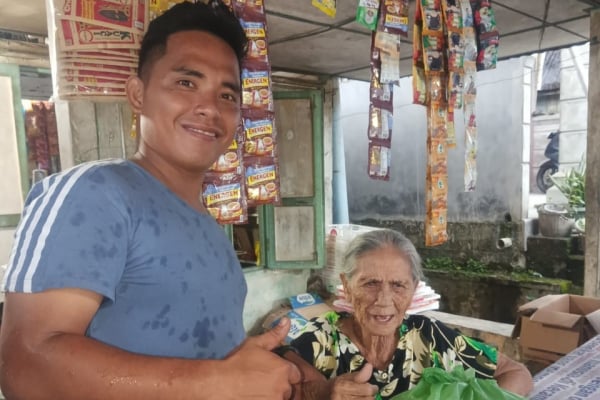
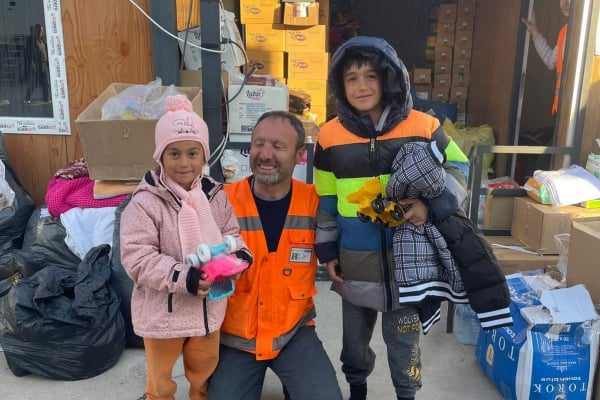
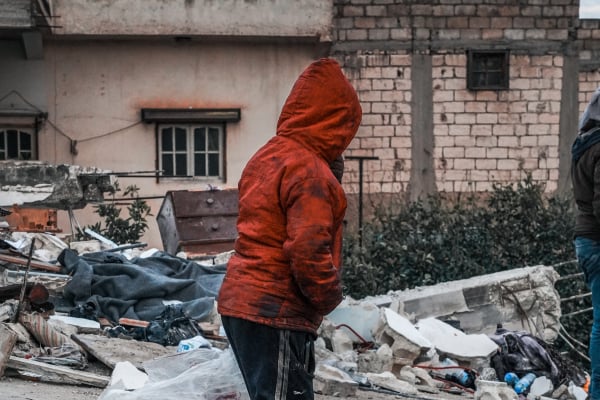
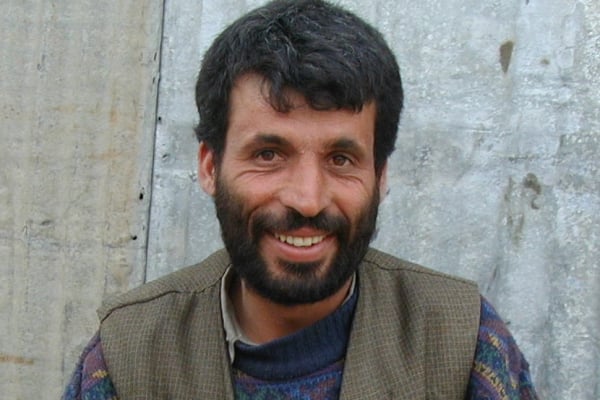
_1624034103_600x400.jpg)
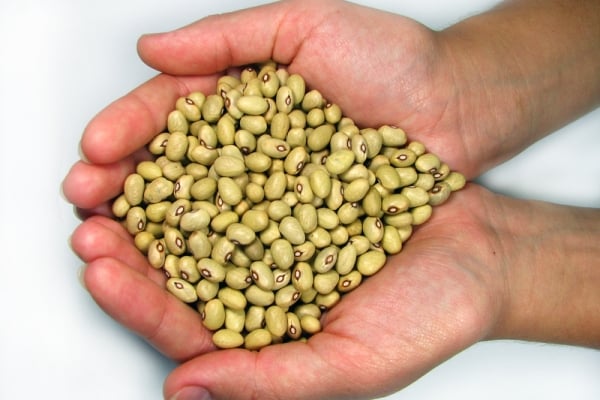
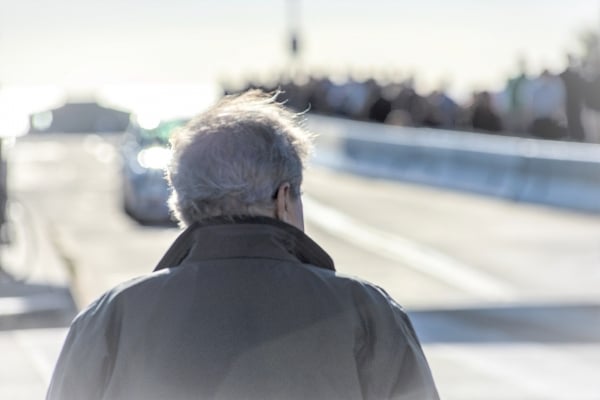


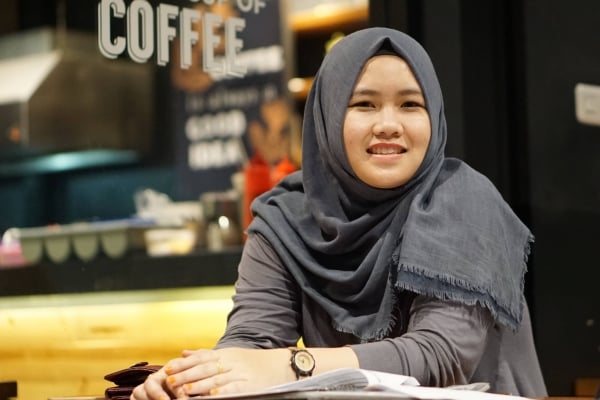
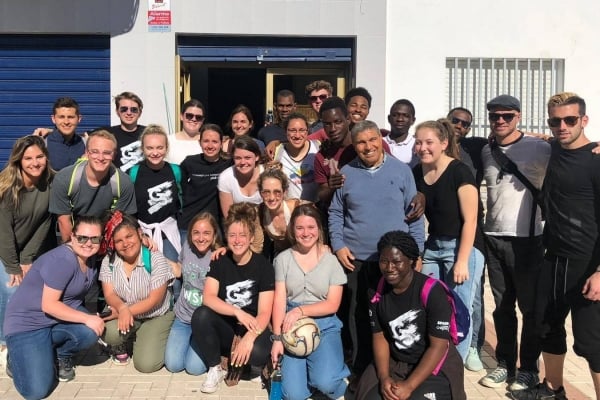
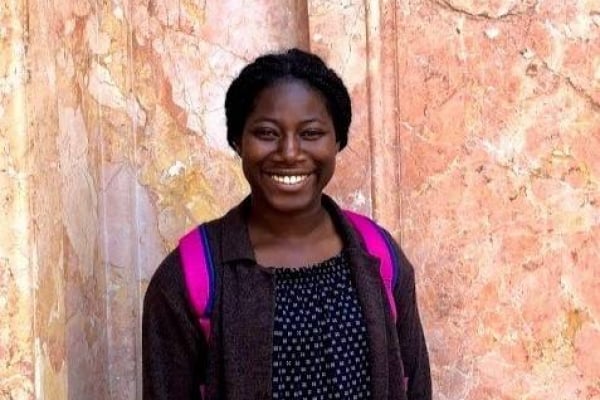
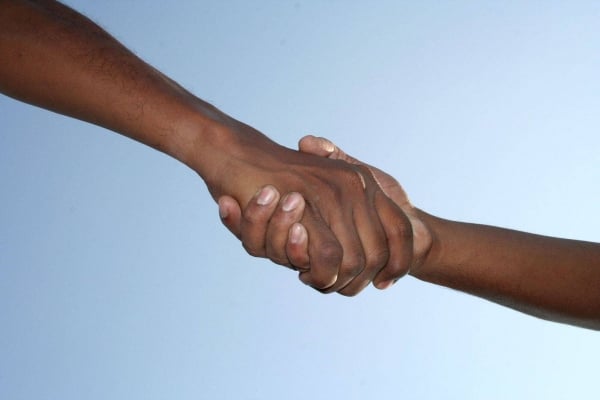
_1654032461_600x400.jpg)
